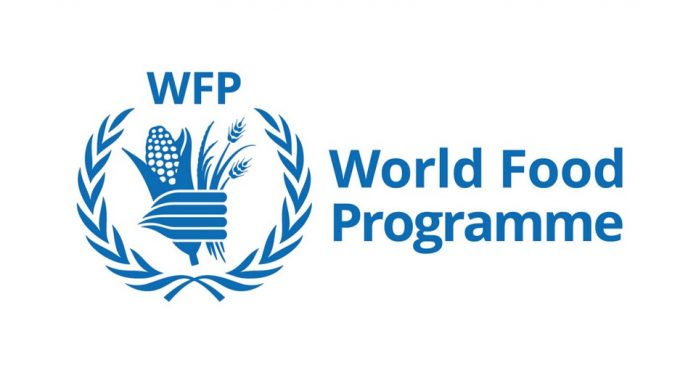Sri Lanka is set to roll out a $74.87 million initiative in partnership with the United Nations World Food Programme (WFP) to improve food systems, support vulnerable communities, and build resilience against economic and climate shocks.
The Cabinet of Ministers this week approved the signing of a Memorandum of Understanding (MoU) with the WFP to implement its Sri Lanka Strategic Plan for 2023–2027.
The strategic plan provides a roadmap to address both immediate and long-term food and nutrition challenges. Developed in close consultation with the government and stakeholders, it aligns with Sri Lanka’s national development framework and the UN’s Sustainable Development Cooperation Framework for 2023–2027.
Cabinet Spokesman Dr. Nalinda Jayatissa, speaking at the post-Cabinet media briefing, said the MoU will formalize the collaboration and ensure coordinated efforts to meet the program’s goals. The proposal was submitted by President Anura Kumara Dissanayake in his capacity as Minister of Finance, Planning and Economic Development.
The WFP’s four-year plan is designed to offer urgent food and nutritional support while building long-term resilience through a system-wide, nutrition-sensitive approach. It also aims to reduce vulnerability and strengthen national systems, with a strong focus on gender equality, sustainable development, and peacebuilding.
As part of the plan, vulnerable communities across the country will receive food, nutrition, and essential support during and after crises. At the same time, nutrition programs will be expanded to benefit targeted groups, especially young children, with a focus on improving health outcomes during the critical early years of life.
The initiative will also help communities better withstand natural disasters, climate change, and other risks by promoting more sustainable livelihoods. Additionally, national and local institutions will receive support to improve their capacity for managing resilient and adaptive food systems.
The strategic plan is underpinned by detailed gender and contextual analyses, including the 2021 United Nations Common Country Analysis. It adopts a humanitarian–development–peace nexus model, balancing immediate relief with long-term development goals.
The $75 million effort positions Sri Lanka to not only meet urgent food and nutritional needs but also build a more robust foundation to face future crises. With WFP’s expertise and the government’s commitment, the initiative is expected to deliver meaningful progress in food security, community resilience, and institutional strength over the next four years.
